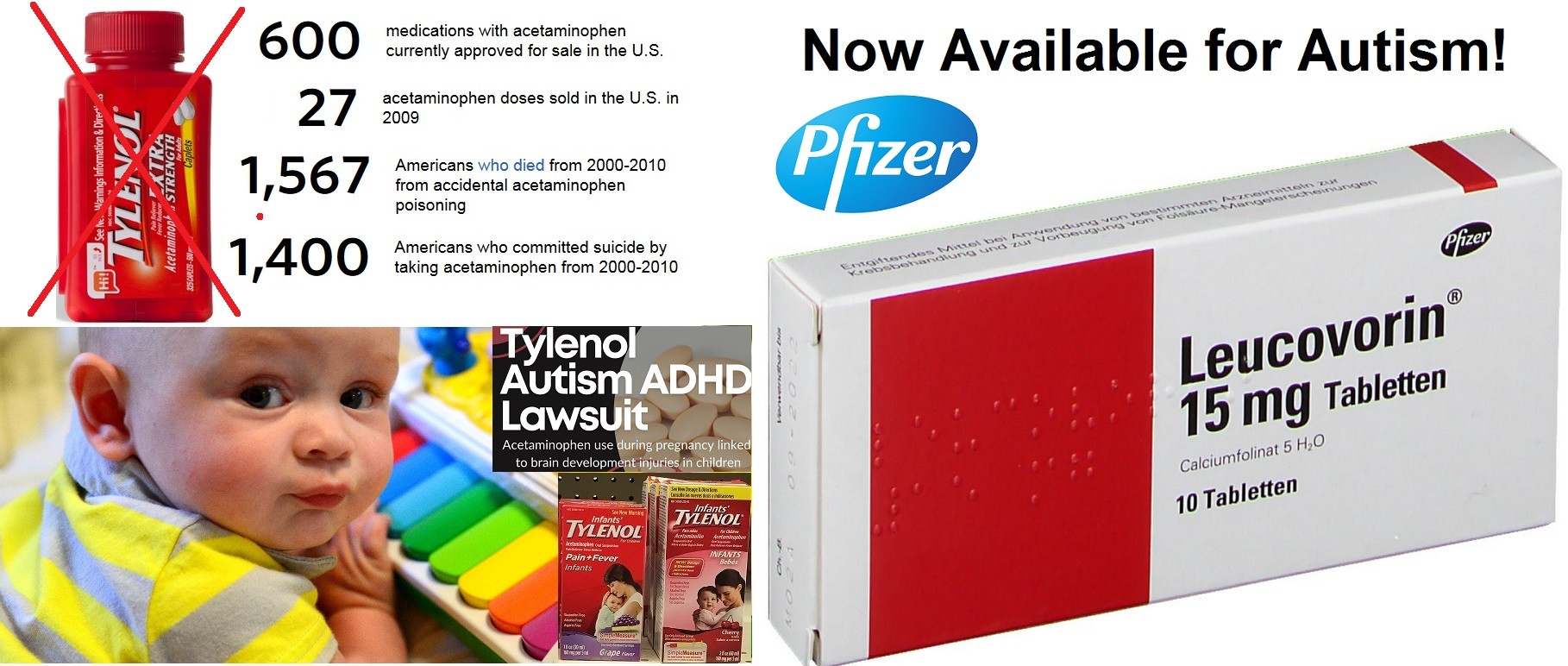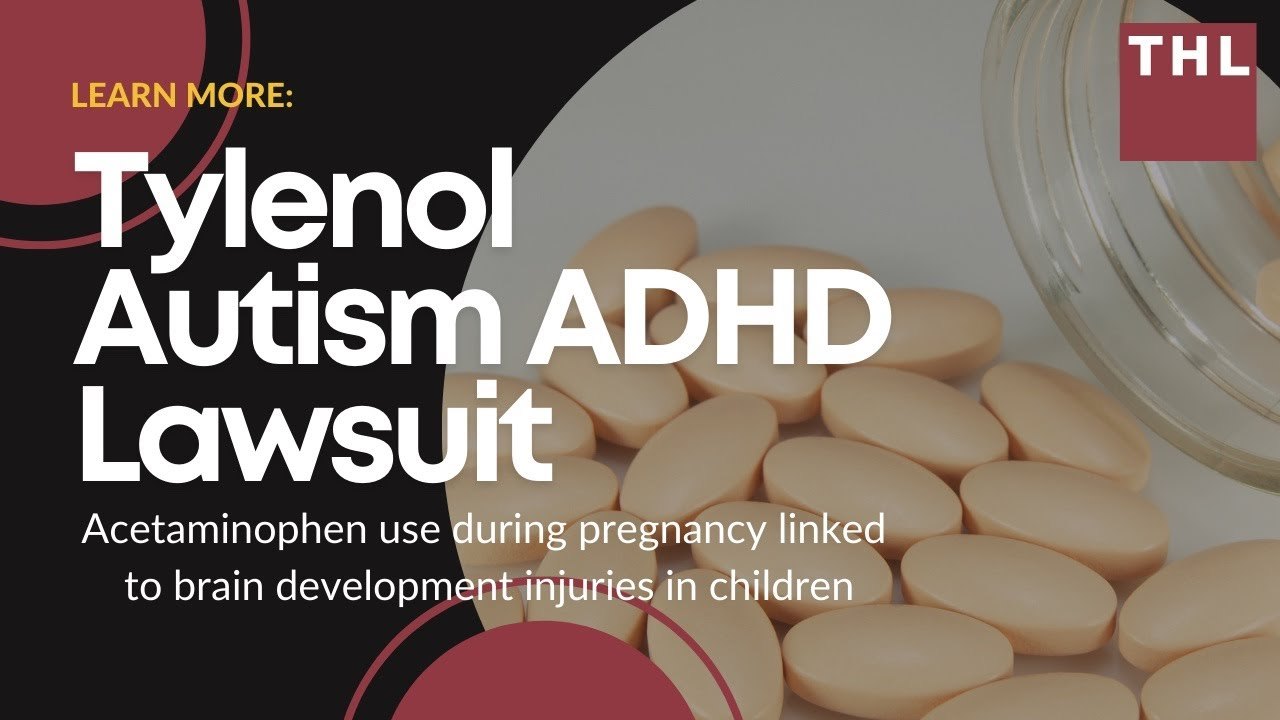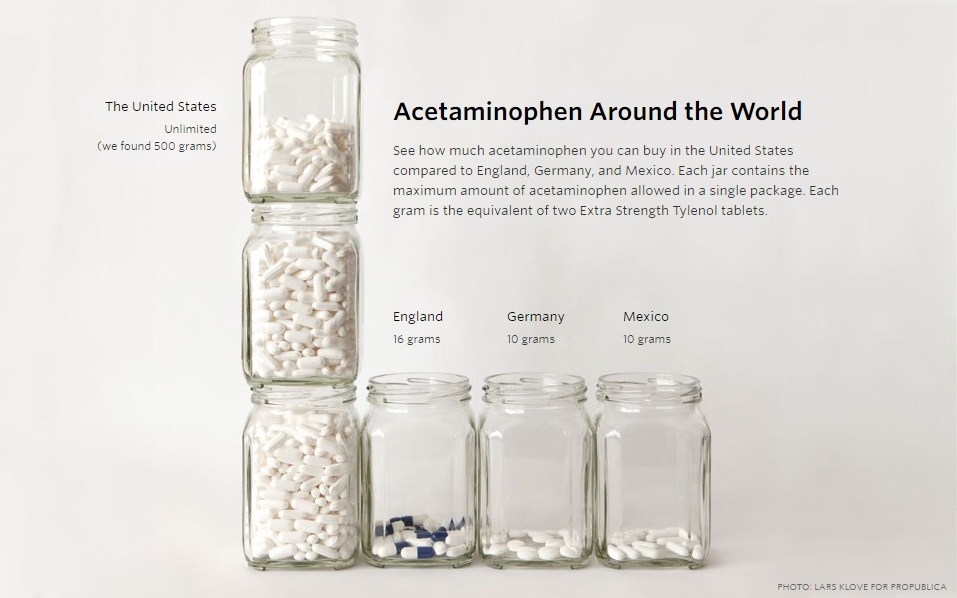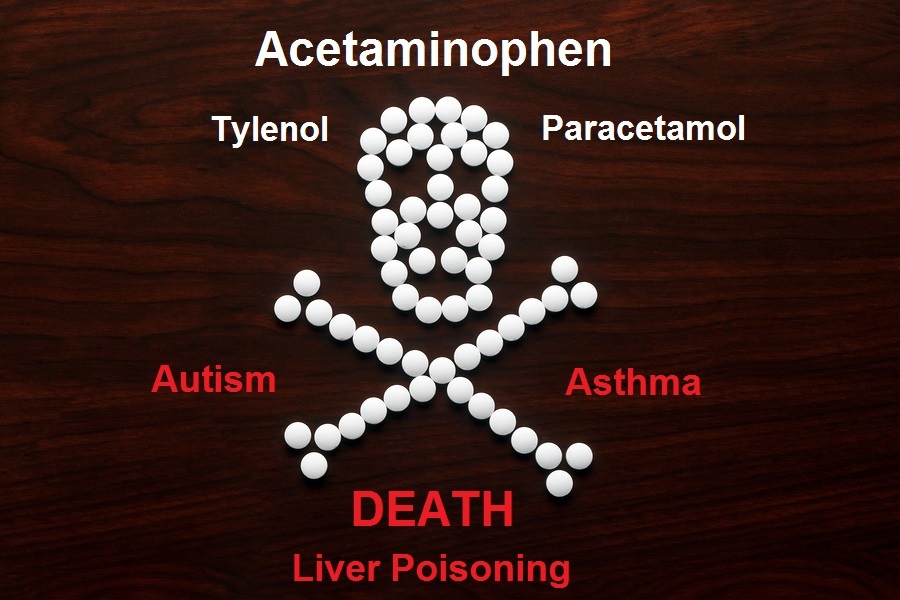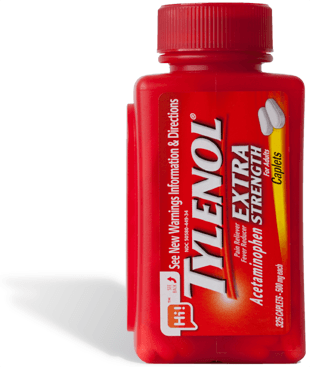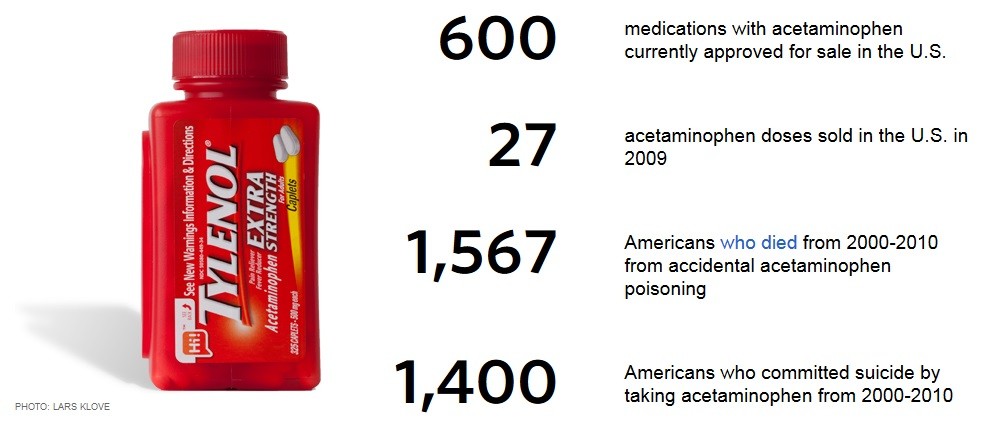Trump Condemns Tylenol as Cause of Autism while Announcing New Big Pharma Drug for Autism Cure
In what is headline news today, President Trump, flanked by HHS Secretary Kennedy and TV doctor Mehmet Oz who is the current Administrator of the Centers for Medicare and Medicaid Services, announced that acetaminophen (brand name Tylenol) causes autism in children when their mothers take it while pregnant. This news, of course, has been around for decades supported by many studies, so most of pro-pharma funded corporate media spent much of the day claiming that the "best" studies (according to their definition) debunked these claims. Health Impact News has published over 80 articles over the years showing how dangerous this over-the-counter (OTC) drug is, not only to pregnant women, but also to children who have vaccine injuries and then are prescribed Tylenol for fevers that follow most vaccinations. It is also toxic and dangerous to the entire population who take more than the recommended dosage and end up overdosing on it. We have reported over the years that this OTC drug is extremely dangerous, and that poison centers around the country have reported that there are over 450 DEATHS PER MONTH from Tylenol overdoses that affect your liver. Since we know that Trump played favorites with drug companies during his first term as he gave his favorite Big Pharma companies $billions to develop vaccines and other toxic, experimental drugs like Remdesivir, the first thing that came to my mind when I heard Trump bashing Tylenol was, "who benefits from this?" The press conference was still going on at that time, but I found that the other thing announced today that was not covered as much as the news about Tylenol, was that the U.S. FDA was going to approve an "off-label" use authorization for a prescription drug mainly used in cancer therapy, Leucovorin, to now start treating autism. Now remember, it is estimated that 1 out of every 31 children in the U.S. are diagnosed with autism, so this is a HUGE market. In fact, as I was watching some of the questions from the Press today at this event, one reporter actually asked if Trump had instructed the pharmaceutical companies who produce Leucovorin to increase their production? While Trump did not answer that question, the answer is "yes" they did. Bingo! As always, follow the money. So who are the drug companies in the U.S. selling Leucovorin? Well one of them is Pfizer, led by Trump's friend and fellow Zionist Jew, Albert Bourla.




